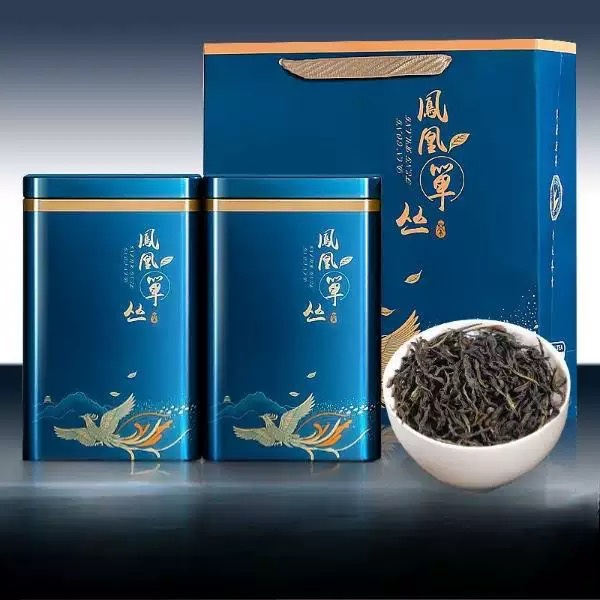
# Oolong Tea’s Impact on Metabolic Health
## Introduction
Oolong tea, a traditional Chinese tea with a rich history, has gained increasing attention for its potential benefits on metabolic health. This semi-oxidized tea sits between green and black tea in terms of processing and flavor profile, offering unique compounds that may influence various aspects of metabolism.
## Understanding Oolong Tea’s Composition
Oolong tea contains a complex blend of bioactive compounds that contribute to its metabolic effects:
– Polyphenols (especially catechins and theaflavins)
– Caffeine
– Theanine
– Various minerals and vitamins
The unique partial oxidation process of oolong tea creates compounds not found in either green or black tea, which may account for its distinctive metabolic properties.
## How Oolong Tea Affects Metabolism
### 1. Thermogenic Effects
Research suggests that oolong tea may increase energy expenditure by:
– Stimulating fat oxidation
– Enhancing thermogenesis
– Activating brown adipose tissue
Studies have shown that regular consumption can lead to a modest but significant increase in calorie burning throughout the day.
### 2. Blood Sugar Regulation
Oolong tea appears to influence glucose metabolism through:
– Improving insulin sensitivity
– Slowing carbohydrate absorption
– Reducing postprandial glucose spikes
These effects may be particularly beneficial for individuals with metabolic syndrome or type 2 diabetes.
### 3. Lipid Metabolism
The tea’s polyphenols may help:
– Reduce LDL cholesterol
– Increase HDL cholesterol
– Decrease triglyceride levels
– Inhibit fat cell formation
## Scientific Evidence Supporting Metabolic Benefits
Several clinical studies have demonstrated oolong tea’s metabolic effects:
– A 6-week study showed significant reductions in body weight and fat percentage
– Research indicates improved lipid profiles in regular drinkers
– Some studies report better blood sugar control in diabetic patients
However, results can vary based on individual factors and tea preparation methods.
## Practical Considerations for Consumption
To maximize metabolic benefits:
– Drink 2-3 cups daily
– Brew leaves at 185-205°F (85-96°C) for 1-3 minutes
– Avoid adding excessive sweeteners
– Consume between meals for optimal absorption
## Potential Limitations and Considerations
Keyword: Oolong Tea and Metabolism
While generally safe, oolong tea consumption should be moderated due to:
– Caffeine content (about 30-50mg per cup)
– Possible iron absorption interference
– Individual variations in response
Those with caffeine sensitivity or certain medical conditions should consult a healthcare provider.
## Conclusion
Oolong tea presents a promising natural approach to supporting metabolic health through multiple mechanisms. While not a magic solution, when combined with a balanced diet and active lifestyle, it may contribute to improved metabolic parameters and overall wellbeing. Further research continues to explore the full extent of oolong tea’s metabolic benefits.